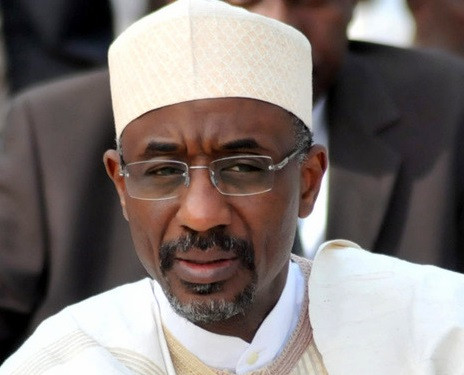Muhammadu Sanusi II, the former Emir of Kano and ex-governor of Central Bank of Nigeria (CBN), has asserted that Nigeria has not made any progress economically in the last 40 years.
Sanusi stated this while speaking at a symposium organised in Kaduna on Saturday, August 14, to celebrate his 60th birthday.
Speaking at the symposium, he said in part:
“Calling me controversial or calling me an enemy or critic, will not make those facts go away. So, anywhere we go, we must face these facts. Am I happy about it on my 60th birthday? No. Because, 60 years ago when I was born, the United States government advisory was telling investors that Nigeria has a better economic future than Japan. Today, where are we and where is Japan?
“It is not about one or two governments, it is about decades of a people throwing away opportunities and every time we are given a chance to make a change, we go back to the same old things.
“It is no longer about government, political parties, traditional rulers, Emirs. The days are gone of saying one class of people whether they are Emirs or civil servants cannot talk. When there is fire, everyone has to go with a bucket of water. We need to understand how our economy works as a people, we need to understand our choices. 70 percent of our challenges in this country from insecurity to herder/farmer clashes, all have their roots in economy. Even this shout about restructuring is about economics, it is about resources. We need to grow this economy and make it work for the poor people.
“You can fight any system, you don’t need a large number. People can have temporary powers to use, but the truth will always prevail. So, when I was suspended as CBN governor, I made a famous statement that you can suspend a man, but you cannot suspend the truth. And this is the truth that has come out.
“I only speak to the best of my understanding of what I see about the country and I have paid the price, but Nigerians are the ones paying the real price. It is the price you see in increased poverty, it is a price you see in insecurity, in high rate of inflation, in loss of values of our currency, in the numbers around malnutrition, unemployment, out of school children, maternal mortality and infant mortality.”











